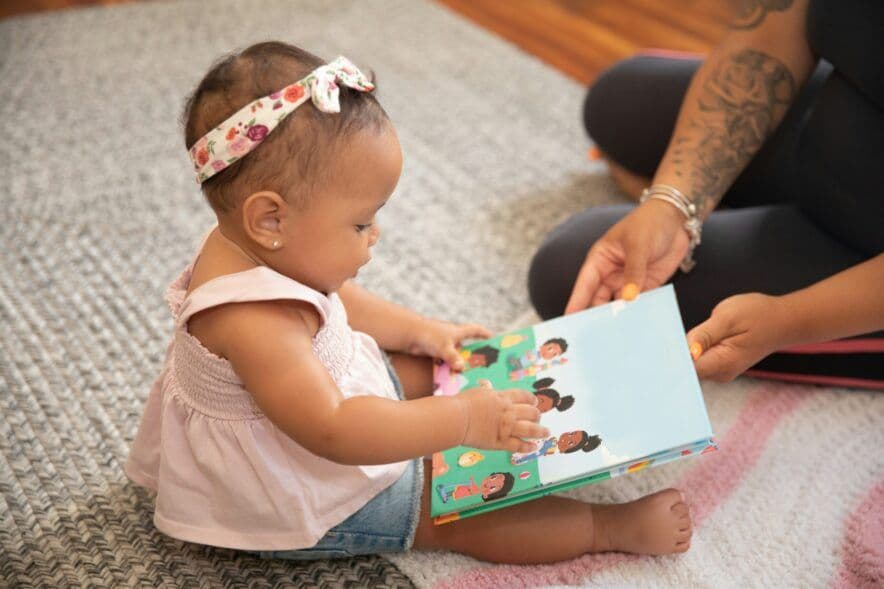COVID-19
In The Field
Research
Tech time, pandemic pauses and fewer books is causing speech to diminish

FDC-Friendly
Freya Lucas
Sep 13, 2024
Save
Teachers of children in their first year of school are noticing marked changes in children’s speech, placing the blame on more time spent using technology, children listening to fewer books, and the isolation of the COVID-19 lockdowns as the cause.
A new report, published by New Zealand’s Education Review Office, captures the concerns of teachers, with one saying “I’ve been teaching for 24 years and have never seen this low level of oral language."Positional language (words which place a person or object in a time or place, for example “The dog jumped off the chair”), pronouns (words which stand in place of someone’s name, or in the space of an object, for example “The girl is wearing a hat” or “please hand me that thing”) and simple grammar are all casualties, with children using words and structures typically associated with a much younger age group.
A 6-year-old might say 'Me go pee' instead of 'I need the toilet'," one teacher told researchers.
"A lot of children are not able to communicate their needs,” another said. “They are difficult to understand when they speak. They are not used to having conversations."
Key findings
The report had 18 key findings, including but not limited to:
- Oral language is critical to later literacy and education outcomes.
- COVID-19 has had a significant impact on children’s language and children from low socio-economic communities and boys are struggling the most.
- Parents and families from lower socio-economic communities are the most likely to report their children as struggling with language.
- Children who are the most behind in terms of oral language struggle with constructing sentences, telling stories, and using social communication to talk about thoughts and feelings.
- Teachers and parents often do not know how well their children are developing and this matters as timely support can prevent problems later.
Next steps
As a result of the findings ERO has identified five areas for action to support children’s oral language development:
Area 1: Increase participation in quality early childhood education for children from low socio-economic communitiesArea 2: Put in place clear and consistent expectations and track children’s progressArea 3: Increase teachers’ use of effective practicesArea 4: Support parents and whānau (families) to develop language at homeArea 5: Increase targeted support
To read the report in full please see here.
Don’t miss a thing
Related topics
Compliance
Understanding Children
In The Field
Marketplace
Products
Leadership
Advocacy
Allied Fields
Innovative Research
Professional development
Family Day Care
Long Day Care
NQF and Policy Changes
Outside School Hours Care
Politics
Preschool
General News
Legislation
Changes
Reporting
Examples
Affordability & Accessibility
Report Summaries
Supply & Demand
Personnel Appointments
Events News
Jobs News
Services
Other


















